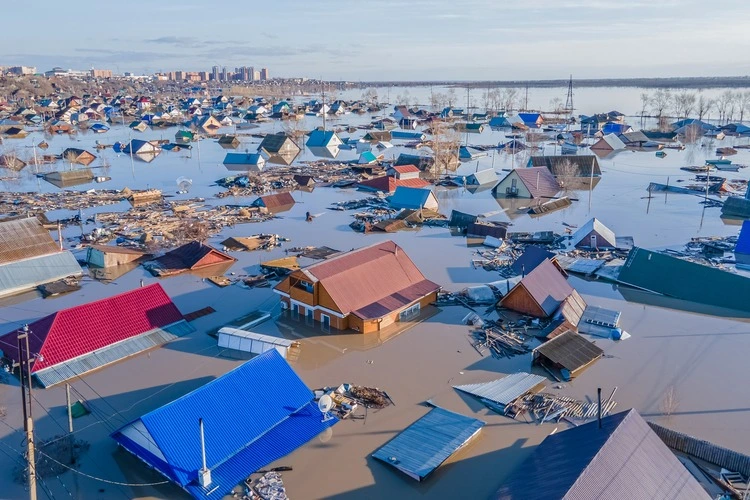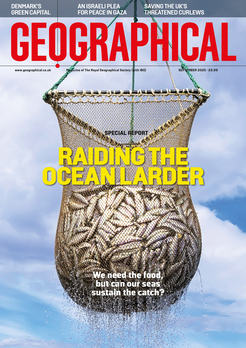
For the first time ever, world court clarifies countries’ duties to protect the Earth’s climate, communities and ecosystems
By
The International Court of Justice has unanimously agreed member states have binding human rights obligations under international law to act against climate change.
Enjoying this article? Check out our related reads:
Crucially, fossil fuel production and consumption, the granting of exploration licenses, and the provision of fossil fuel subsidies can now constitute breaches of climate-related obligations. If climate obligations are not met, countries may see affected nations seek reparations through legal action.
A loss and damage fund was established back at a UN climate negotiation talk two years ago, but it has only received around $700 million in pledges – far lower than the hundreds of billions experts believe climate change could cost in damages by 2030.
ICJ judges also confirmed that the right to a clean healthy and sustainable environment is essential for the enjoyment of all human rights for both futurea and present generations.
‘The ruling reaffirms that climate justice and a just transition from fossil fuels are inseparable from human rights,’ said Deputy Director of FIDH’s Business, Human Rights and Environment Desk Gaëlle Dusepulchre.
‘It opens the door to holding governments accountable for the harms coming from their unambitious policies to reduce greenhouse gas emissions, including those from private actors under their jurisdiction.’
What else did the ruling state?
The Court stated all countries have a duty to cooperate to prevent climate harm, and must ensure national targets represent the highest possible ambition and limit global warming to the 1.5-degree target.
As well as this, countries now have a duty not to turn away migrants whose lives would be endangered by climate change in their home country.
Such a landmark advisory opinion follows the result of years of campaigning by Pacific Island students, youth and civil society organisations, along with governments – particularly those of small island developing states. Despite contributing less than 0.01 per cent of global emissions, nations such as Vanuatu and Tuvalu face existential threat from rising seas caused by anthropogenic climate change.
‘The world’s smallest countries have made history,’ said director of Pacific Islands Students Fighting Climate Chang Vishal Prasad. ‘The ICJ’s decision brings us closer to a world where governments can no longer turn a blind eye to their legal responsibilities.’
As part of the ruling, legal avenues have now been opened up for reparations payments from high-emitting countries to low-emitting countries.
Particularly for Australia, how the nation will respond to this will have ‘dramatic implications’ for its relationships with its Pacific neighbours, as Lecturer in Anthropology and Development Studies at La Trobe University Dr Aidan Craney explains.
Ultimately, although non-binding, the opinion carries considerable legal and moral authority and provides key parameters for interpreting legal responsibilities.




